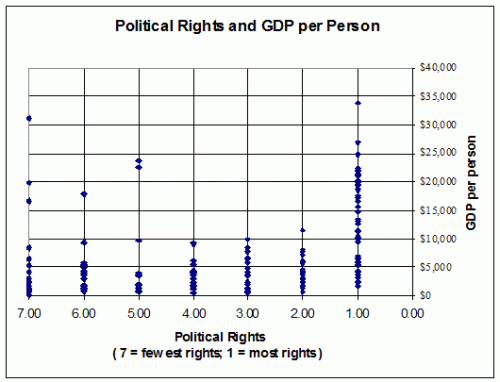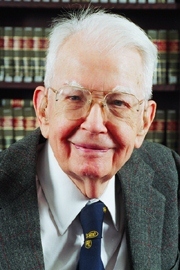Senator Jay Rockefeller adds his voice to the chorus calling for the U.S. to deplete the strategic petroleum reserve in order to bring down oil prices.
Put aside the question of whether we should want to bring down oil prices. Put aside the question of whether this is a good use of the strategic reserve. Let’s just ask whether this idea would even work.
Simple economics certainly suggests that the answer is no. Oil, after all, is an exhaustible resource. This means that every barrel sold today is a barrel that can’t be sold tomorrow. Therefore profit-maximizing oil suppliers, of whom there are many, must constantly be asking themselves whether they’d prefer to sell another barrel now or leave it in the ground to sell later. And the key inputs to that decision are the current price and the expected future price.
If the government starts depleting the oil reserve now (with, presumably, the intent to replenish it in the future), they bid down current prices and bid up expected future prices — creating an incentive for all the other suppliers to sell less now and more in the future — pushing current prices right back up again. For a non-exhaustible resource, this would partially offset the government’s action, but for an exhaustible resource (like, for example, oil) there should be a 100% offset, at least on a naive application of Hotelling’s Rule.



 One of Paul Krugman’s favorite stories is about the baby-sitting co-op that almost collapsed when members started hoarding scrip; similarly, he says, a lot of economic activity can dry up when people start hoarding money. Last Tuesday, in a post called
One of Paul Krugman’s favorite stories is about the baby-sitting co-op that almost collapsed when members started hoarding scrip; similarly, he says, a lot of economic activity can dry up when people start hoarding money. Last Tuesday, in a post called 










